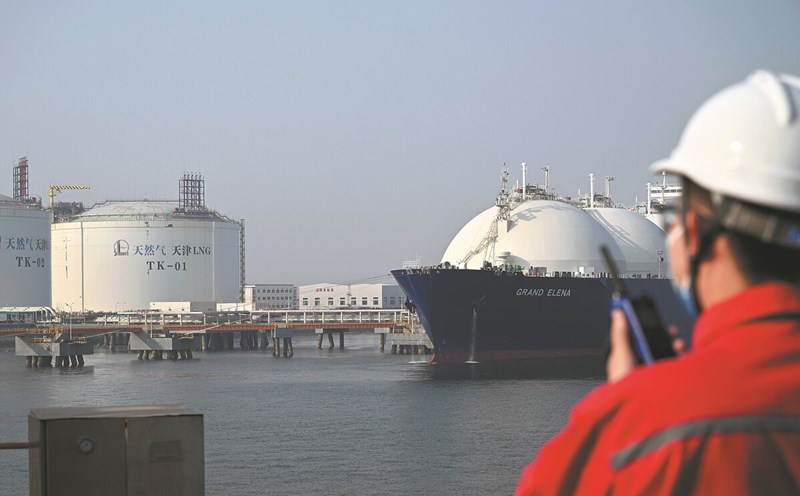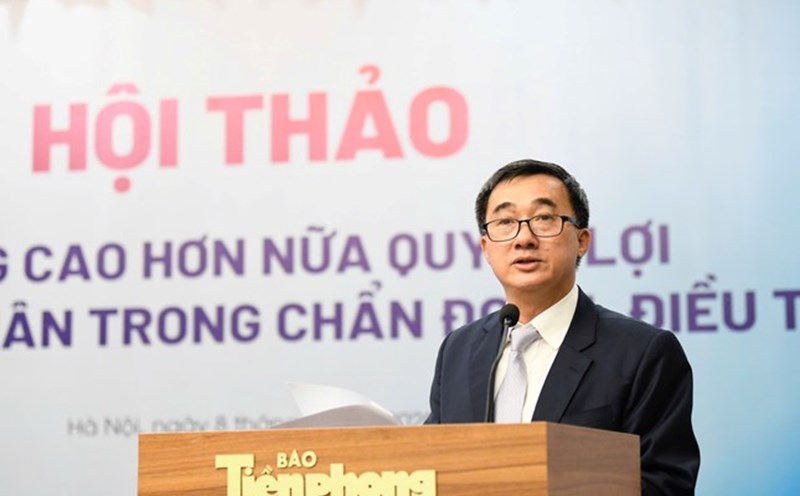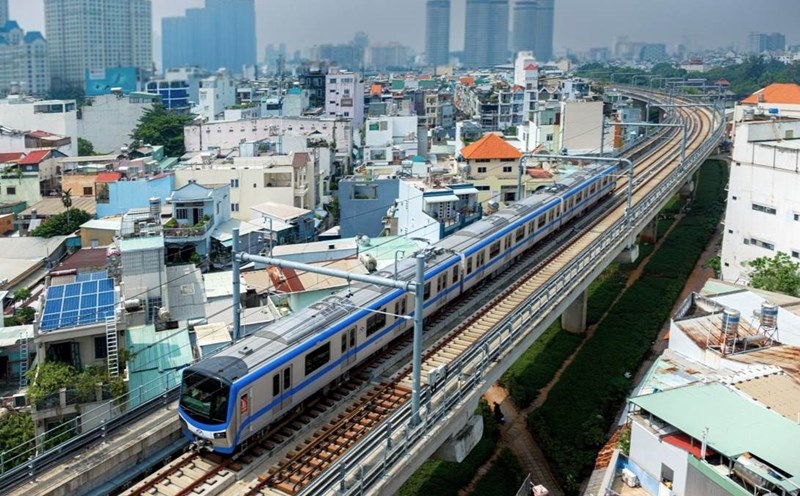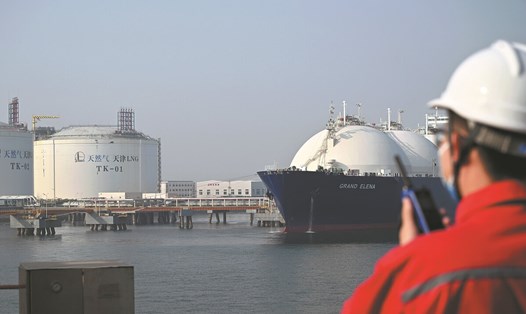The talks between Chinese President Xi Jinping and Russian President Vladimir Putin will include talks on a super pipeline connecting the two economies that have been delayed for many years.
Moscow has long sought to secure an agreement on the Power of Siberia 2 pipeline to strengthen relations and increase gas exports to the world's largest energy importer.
Russia is increasingly dependent on gas sales to China as the country seeks an alternative to the European market, which was sharply weakened by the Ukrainian conflict in 2022 and is likely to be completely cut off in 2027.
Experts told Bloomberg that during Chairman Xi Jinping's visit to Russia, Beijing is likely to break the previous deadlock related to the Power of Siberia 2 project, allowing negotiations on a selling price higher than previously considered.
This gas pipeline project has been stalled due to disagreements on costs, roadmaps and the urgency of construction.
The source pointed out that China now wants prices to be within the threshold of domestic Russian gas prices and the gas prices that China is paying for when buying gas via the Power of Siberia pipeline, a pipeline that has been in operation since 2019.
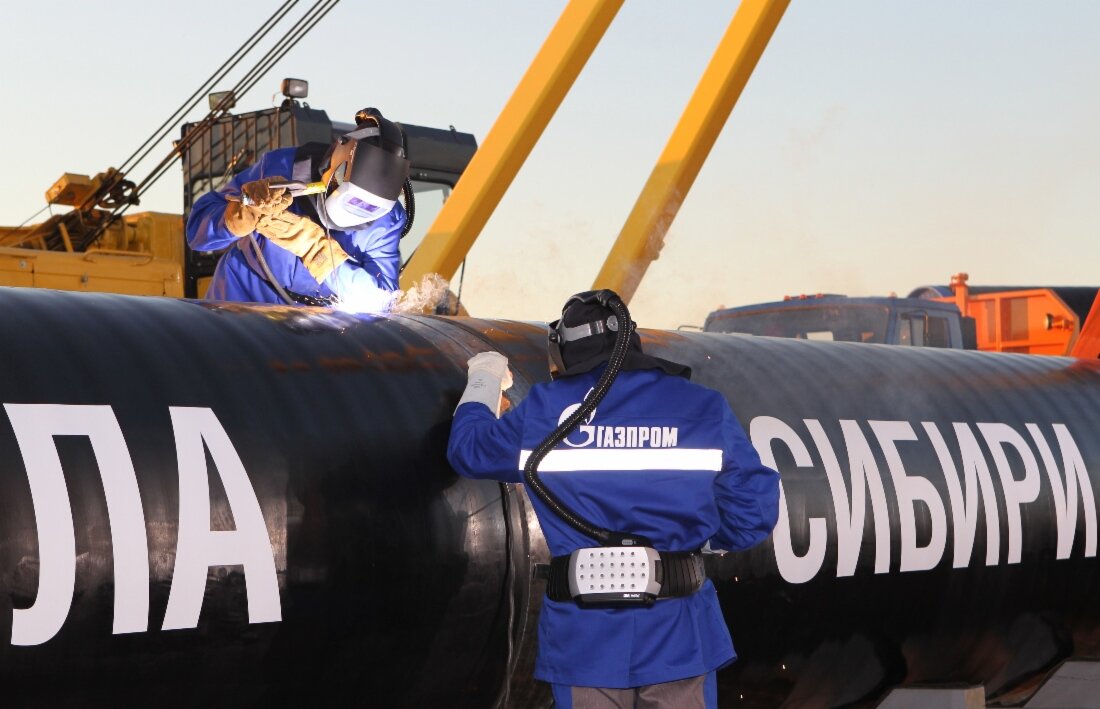
However, there are still many un agreed points regarding the Power of Siberia 2.
China will promote the construction of a pipeline connecting directly to Russia, rather than going through Mongolia.
The Power of Siberia 2 project will help Russia transport an additional 50 billion cubic meters of gas per year to China and help China replace imported liquefied natural gas.
However, negotiations on the Power of Siberia 2 route have been going on for many years. Beijing has yet to make a preliminary agreement, while Moscow has repeatedly signaled that it is about to reach an agreement.
A source familiar with the matter told Bloomberg that the deal involving the Power of Siberia 2 will not be officially signed during Chinese President Xi Jinping's visit to Russia.
A notable factor that could influence the negotiations is US efforts to seek closer ties with Russia on gas, including the possibility of cooperation with the Russian energy giant Gazprom.
Kremlin foreign policy assistant Yuri Ushakov revealed on September 6 that economic and energy issues, including the gas pipeline, will be discussed during the meeting between the two leaders, but did not provide details.


